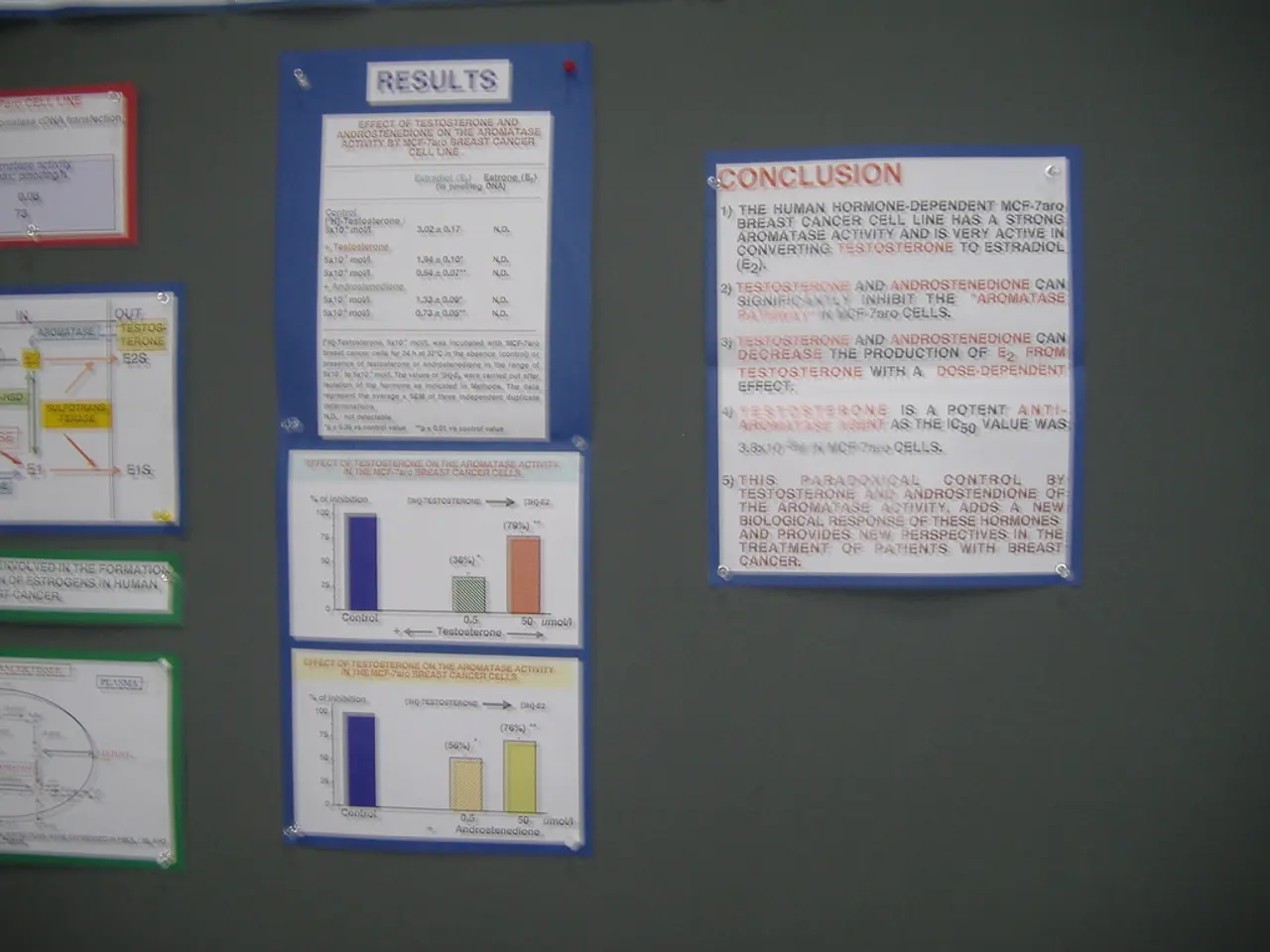Honda revises and postpones construction of hydrogen fuel cell manufacturing facility
Honda has announced significant adjustments to its hydrogen fuel cell production plant in Moka City, Japan, in response to shifts in the global hydrogen market. The revised plans include a reduction in production capacity, a delay in the start of full-scale operations, and withdrawal from a government subsidy programme.
Originally, Honda planned to produce 30,000 next-generation fuel cell modules annually at the facility. However, the company has now scaled back the production to fewer than 20,000 units per year. The initial target to begin operations before fiscal 2028 has also been postponed, with no new start date confirmed.
The project no longer meets the criteria for a subsidy from Japan’s Ministry of Economy, Trade and Industry under the Green Transformation (GX) initiative, leading Honda to withdraw from the programme. The delay means that the project will not qualify to receive a government subsidy designed to support the development of clean energy supply chains.
The new facility, set to be the first dedicated to the production of Honda’s in-house developed fuel cell system, was initially planned to repurpose part of a former Honda Powertrain Unit Factory in Moka City. The plant, which discontinued production of automobile powertrain components a few months earlier, will not be capable of starting operation before the end of FY2028.
Despite the setback, Honda remains committed to fuel cell technology as a strategic pillar in its efforts to achieve carbon neutrality by 2050. The company is developing next-generation fuel cell modules for applications beyond vehicles, including heavy machinery and stationary generators. Honda has identified four core segments for its fuel cell modules: fuel cell electric vehicles (FCEVs), commercial vehicles, stationary power generators, and construction machinery.
Journalist Joshua S. Hill, who has been reporting on climate change, clean technology, and electric vehicles for over 15 years, has been following Honda's hydrogen initiatives closely. Hill, who prefers to travel by foot, has been reporting on electric vehicles and clean technologies for Renew Economy and The Driven since 2012.
Honda's continued focus on developing a hydrogen fuel cell business underscores the company's belief in the technology's potential to contribute to a sustainable future. The company is reconsidering its overall hydrogen strategy to adapt to changing market conditions and explore new business opportunities within this priority growth area.
The revised production plan at Honda's hydrogen fuel cell facility includes a reduction in the annual production of next-generation fuel cell modules from 30,000 to fewer than 20,000 units, and a delay in the start of full-scale operations, affecting various industries such as transportation (automotive) and energy. Additionally, Honda's decision to withdraw from a government subsidy programme could have implications for the finance sector, as the project will no longer qualify for subsidies designed to support the development of clean energy supply chains.




